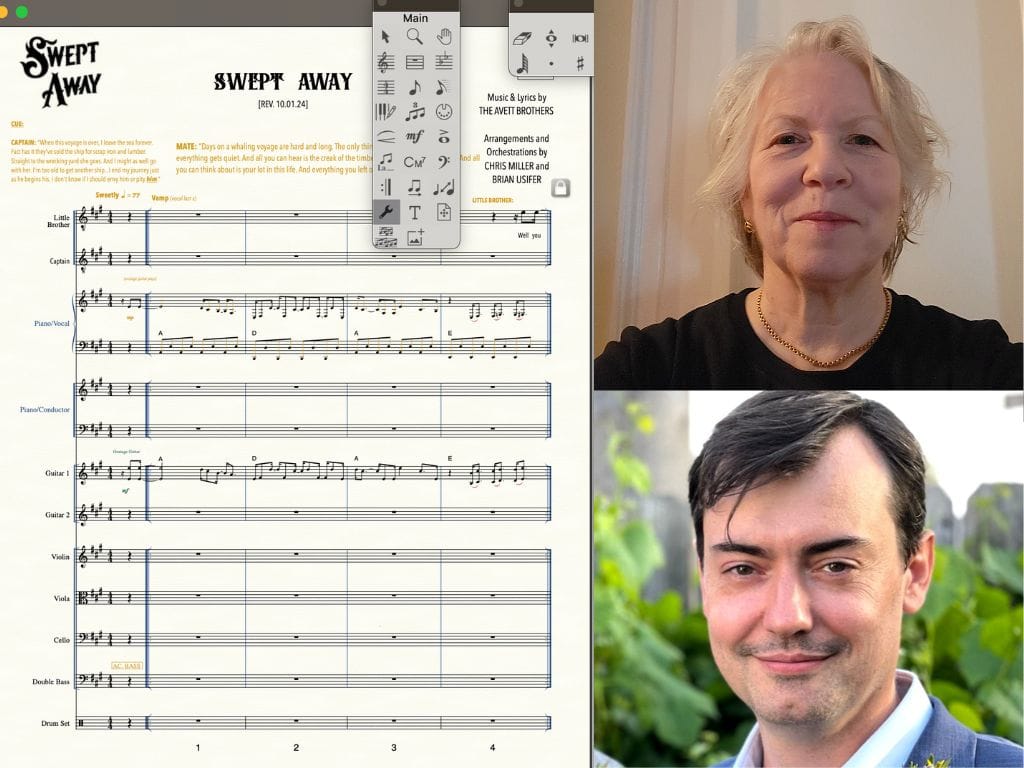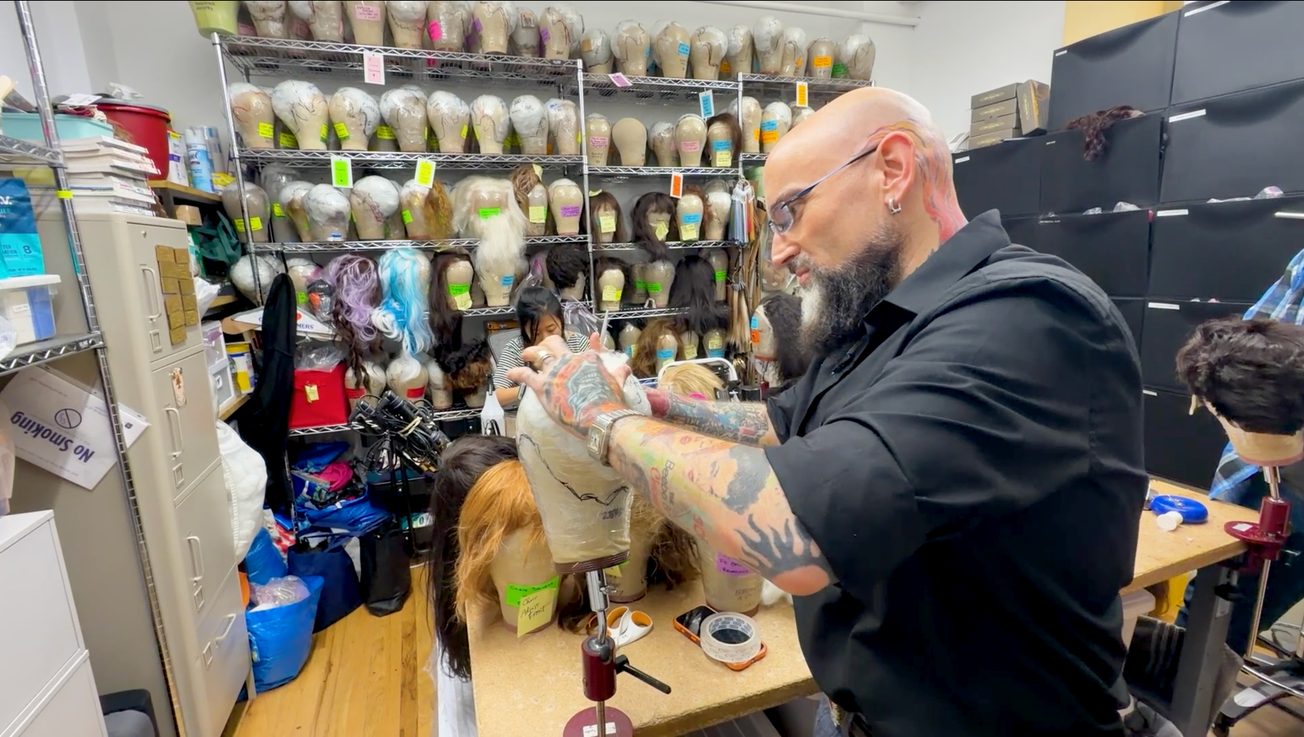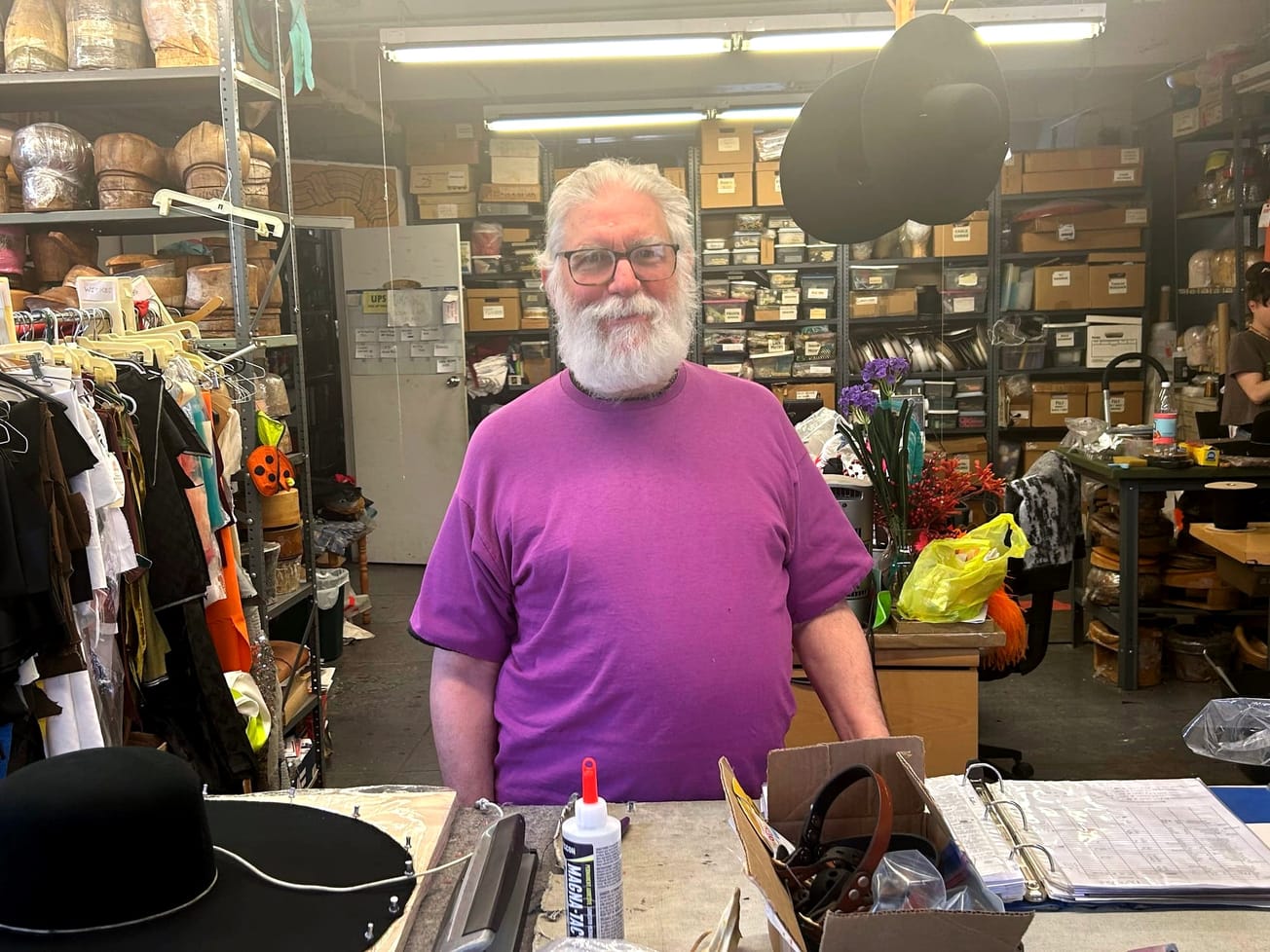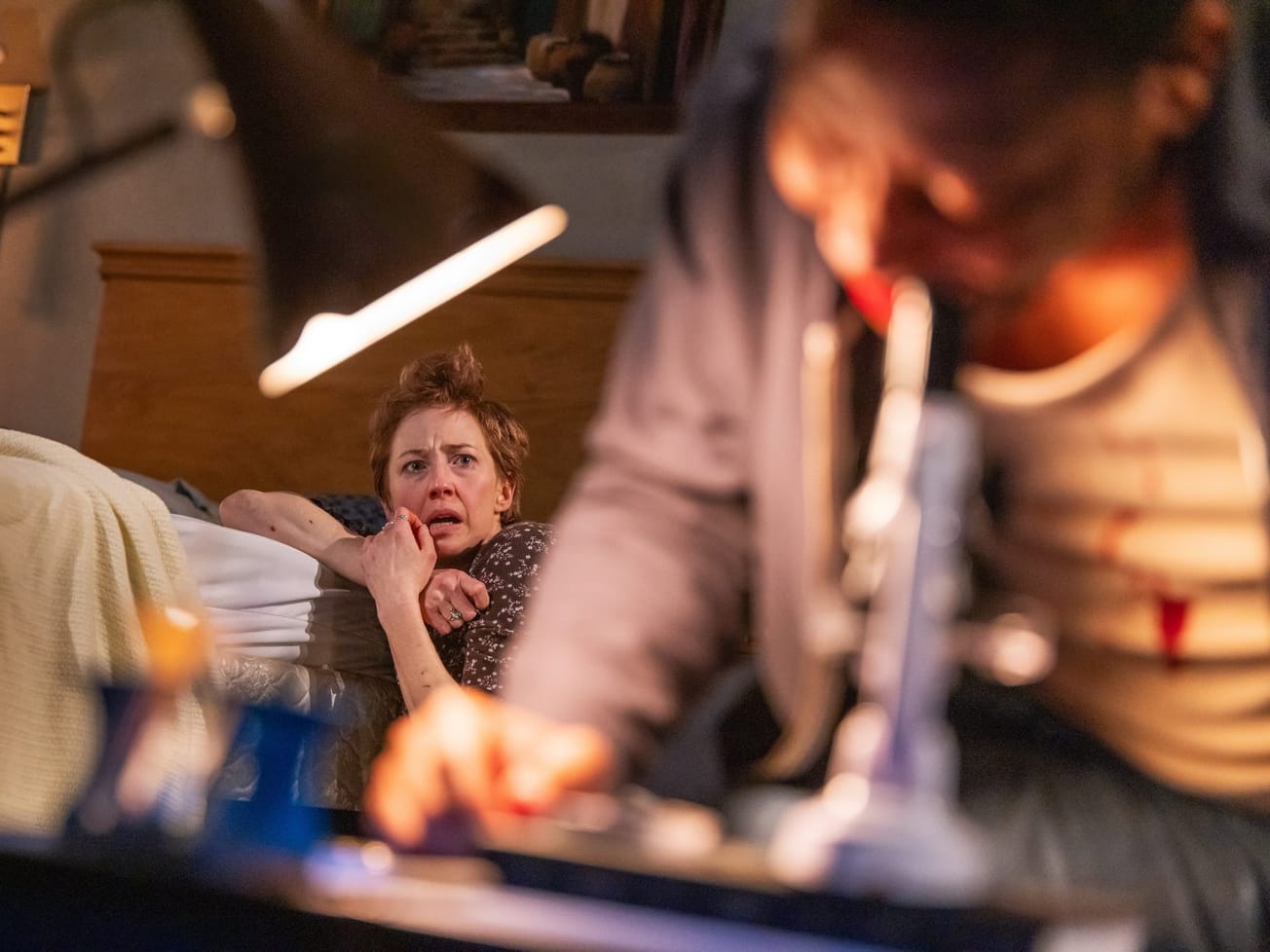In August 2024, MakeMusic Inc. sent an unexpected email announcing the sunsetting of its music notation software Finale and all associated products. To most people — even those in entertainment — this notice meant nothing. But it sent shockwaves through the music industry — particularly the departments on Broadway. Emily Grishman, a veteran music copyist who has worked on over 200 Broadway shows, described the reaction among her music colleagues as “sheer terror, panic.”
The discontinuing of Finale not only meant there would be no new versions of the program that is core to writing, orchestrating and arranging music (and distributing it to vocalists and instrumentalists) but also no future support for the existing version. Plus, the current version wouldn’t be able to be authorized on a new computer. (That last part was walked back 24 hours after the initial notice, when reps from MakeMusic said they would authorize the software’s last version — allowing it to be installed on new machines — for one year. The expiration is next month.) Still, the clock is ticking on the usefulness of all Finale files.
“Thousands upon thousands of files — carefully wrought over 25 years, among all of the composers and everyone [else] in the musical theater world with a trove of these files — were now rendered essentially useless by the stroke of one email landing in their email box,” Grishman told Broadway News. Then her own inbox flooded with the cries of distraught clients and friends asking what they should do to save their music libraries — many of which hold every version of every song and every score they’ve ever written or contributed to.
“My advice to everyone was keep a computer frozen in amber, if you’re fortunate enough [and] keep that as your Finale computer, and it’ll run as long as it runs,” Grishman recalled. “Meanwhile, there are ways of converting the file format of those Finale files to something called ‘XML.’ It is imperfect, but it is the data. It is not going to be beautiful, but you will not lose everything.”
That was the first part of a necessary solution to preserve decades of Broadway music.


























































